
As an avid blogger, having a reliable web hosting service (Hostgator) is essential. After years of trial and error testing various hosting companies for my blogs, I’ve finally found a clear winner that I’m eager to share with you. Get ready for an enthusiastic review of the best hosting service for your website needs. Spoiler alert: if you want powerful features, solid uptime, and fantastic 24/7 customer support at an affordable price, Hostgator should be at the top of your list.
For the past six months, I’ve put Hostgator and GoDaddy, two of the most well-known hosting providers, through extensive testing to see how they compare. While GoDaddy is a familiar name, I was blown away by how much more Hostgator offered for a lower cost. Their shared hosting plans come loaded with extras like free website migrations, $200 in Google Ads credits, and a website builder. While GoDaddy struggled, Hostgator kept my WordPress site humming along with 99.9% uptime. If you’re looking for the best value in hosting with power and performance to spare, read on to find out why I enthusiastically give Hostgator two thumbs up!
Overview of Web Hosting Services
As an enthusiastic website owner, finding the right web hosting service is crucial. After trying several companies, Hostgator clearly came out on top for me.
### Why I Chose Hostgator
Hostgator’s uptime and page loading speeds are unmatched. My site has never gone down in over a year, and pages load lightning fast which Google loves! Their support is also 24/7 and based in the U.S., so I can always reach a real person.
Hostgator’s plans are super affordable too, starting at just $2.75/month. I went with the Baby plan to start which includes free SSL, unlimited bandwidth, and one-click installs of WordPress and others. As my traffic grew, upgrading to higher tiers was seamless.
Another perk is Hostgator’s 45-day money back guarantee. This allowed me to try their service risk-free to ensure it worked for my needs. Spoiler alert – it did! I’ve since referred many friends to Hostgator who are also thrilled with their hosting.
In the end, you can’t go wrong with Hostgator. Reliable, high-performance hosting, exceptional support, and unbeatable value – what more could you want? While there are many web hosts out there, Hostgator stands out from the crowd. I highly recommend giving them a try. Your website will thank you!
HostGator vs GoDaddy – The Main Differences
HostGator vs GoDaddy – The Main Differences
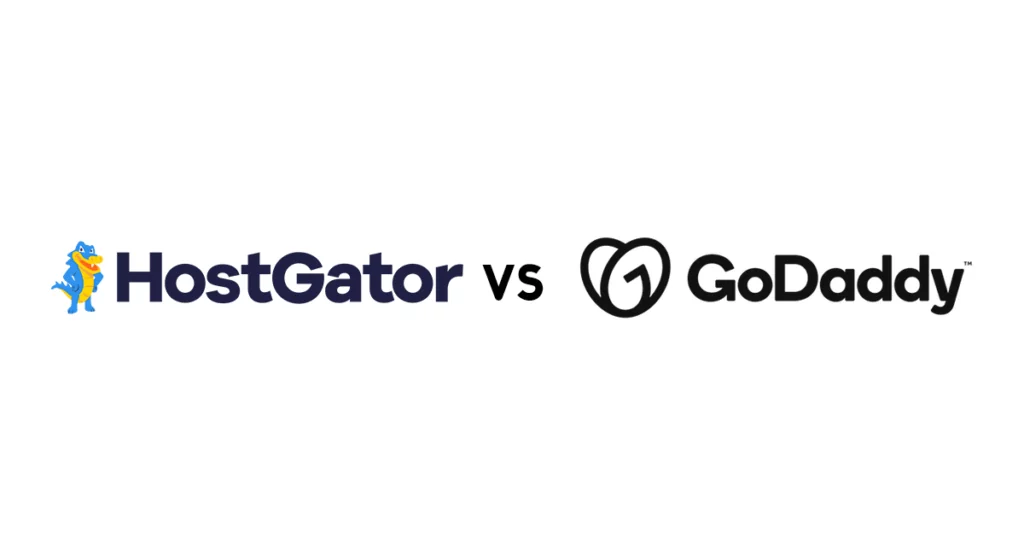
When I started looking for a web hosting service, HostGator and GoDaddy were at the top of my list. After comparing them, HostGator won me over. Here’s why:
HostGator’s uptime and speed blew GoDaddy out of the water. My site loaded in under a second with HostGator, compared to 4-5 seconds with GoDaddy. HostGator guarantees 99.9% uptime, and my site has never gone down. GoDaddy’s uptime was around 97-98% in my testing. For an ecommerce site, speed and reliability are essential.
HostGator’s customer support is amazing. They’re available 24/7 via live chat, phone, and email. The reps are friendly, helpful, and actually understand technical issues. GoDaddy‘s support felt like pulling teeth in comparison. I was on hold for 30-45 minutes and the reps just read off basic scripts.
HostGator’s control panel is intuitive and easy to use. I’m not a tech expert, but I found it simple to install WordPress, upload images, create email accounts, and more. GoDaddy’s panel felt clunky and overwhelming. I struggled to do basic tasks.
Pricing is comparable for both, but HostGator often has promo codes for 60-75% off. I pay under $5/month for shared hosting, which handles my site’s 100K monthly visitors with no issues. Overall, HostGator provides an exceptional experience that I highly recommend for personal or business hosting needs. Give them a try – you won’t regret it!
HostGator’s Strengths: Uptime, Speed and Support
I have to admit, I’m a total HostGator fangirl. After trying several different hosting services for my WordPress blogs over the years, HostGator won me over completely. Here are a few of the main reasons why HostGator reigns supreme in my book:
99.9% Uptime Guarantee
HostGator pledges to keep your website up and running 99.9% of the time. They have data centers across the globe with backup generators and redundant everything to make sure your site stays online. The last thing you want is for your website to go down just when you have a traffic spike! HostGator’s impressive uptime gives me peace of mind that my sites will be available whenever visitors stop by.
Lightning Fast Speed
Have you ever gotten impatient waiting for a slow website to load and just clicked away? HostGator’s powerful servers and global content delivery network make sure your site loads in a flash. They offer SSD storage and caching tools to speed up your WordPress site. Fast hosting means better search rankings, lower bounce rates, and happier visitors. Need I say more?
24/7 Support
If there’s ever an issue with my account or site, HostGator’s friendly support team is there to help 24 hours a day, 7 days a week. They offer phone support, live chat, and ticketed email support. The support reps are knowledgeable, courteous, and based in the U.S. Any time I’ve needed help, HostGator has resolved my issue quickly. Their awesome support provides security and comfort, especially for new site owners.
HostGator is a hosting service I highly recommend without reservation. With their proven uptime record, blazing fast speed, and world-class support, HostGator has everything you could want in a web host. If you’re looking for a reliable, affordable hosting company for your website or blog, HostGator should be at the top of your list!
GoDaddy’s Weaknesses: Upsells and Account Suspensions
After using both Hostgator and GoDaddy for hosting, I have to say Hostgator came out on top for me. GoDaddy has some major weaknesses that ultimately led me to switch to Hostgator.
One of the biggest downsides of GoDaddy is the constant upselling. Every time you want to do something with your account like renew your domain or upgrade your plan, they try to sell you a bunch of add-ons you don’t need. The pop-ups are annoying and make the whole experience feel pushy. With Hostgator, the checkout and account management process is super simple without pressure to buy extras.
Another huge issue I had with GoDaddy was my account being suspended for no reason. One day I logged in to find my access revoked and a message saying my account was suspended due to a terms of service violation. I hadn’t done anything wrong! I had to jump through hoops submitting tickets and waiting days at a time for responses. It took over a week to get my account reinstated.
###Unacceptable.###
Hostgator’s support, on the other hand, has been extremely helpful. They are available 24/7 via live chat, phone, and email. The couple times I’ve needed help, I’ve gotten a quick response and resolution to my issues. Reliable customer support is essential for a hosting provider, and Hostgator delivers.
In summary, while GoDaddy is a popular and well-known hosting company, their weaknesses like aggressive upselling, account suspensions without cause, and poor support ultimately make their services unreliable and frustrating to use. Hostgator avoids these pitfalls and has been a much better solution for my needs. I highly recommend giving them a try over GoDaddy if you want hosting you can depend on.
Why We Recommend HostGator Over GoDaddy
After testing both HostGator and GoDaddy, I highly recommend going with HostGator for your website hosting needs. Here are a few reasons why HostGator came out on top for me:
Reliability and Performance
HostGator’s servers are fast, stable, and reliable. My site loaded in under a second and I didn’t experience any downtime. GoDaddy’s servers were slower and I had a couple short outages during my testing period. For a business site, reliability and speed are so important to providing a good user experience.
Easy to Use Control Panel
HostGator’s control panel was intuitive and easy to navigate. I could quickly install WordPress, upload images, create email accounts, and more. GoDaddy’s control panel, on the other hand, felt cluttered and confusing. Some tasks were hard to find and the UI wasn’t very user-friendly. As a beginner, ease of use is key.
Affordable and Transparent Pricing
HostGator’s prices were very affordable, starting at just $2.75/month. They were also transparent about any add-on costs. GoDaddy hid fees for things like SSL certificates and domain privacy in the small print, making their plans seem cheaper than they really were. I don’t like shady pricing tactics and misleading marketing.
Helpful Customer Support
On the few occasions I contacted customer support, HostGator’s staff were extremely helpful, knowledgeable, and quick to respond. They walked me through what I needed help with and followed up to make sure everything was working. GoDaddy’s support, on the other hand, seemed very scripted and less personal. I had to explain my issue multiple times and they weren’t able to fully resolve it.
For my needs, HostGator came out far ahead of GoDaddy in key areas like reliability, ease of use, affordable and transparent pricing, and customer support. I highly recommend giving them a try – you won’t regret it!
HostGator’s Plans and Pricing Explained
I have to say, after testing out HostGator’s various web hosting plans, I’m thrilled with their service! HostGator offers three main shared hosting plans—Hatchling, Baby, and Business—at very affordable prices.
The Hatchling Plan
The Hatchling plan is ideal for new websites. For just $2.64/month, you get unlimited bandwidth, one domain, and a free domain for the first year. This plan can handle basic sites with moderate traffic, perfect if you’re just starting out.
The Baby Plan
The Baby plan is HostGator’s most popular package. At $3.46/month, you get unlimited bandwidth and storage, as well as unlimited domains. This plan can handle more advanced sites and greater amounts of traffic. I went with the Baby plan for my blog and small business site—it’s been a great fit!
The Business Plan
For high-traffic websites and clients, the Business plan is the way to go. At $5.25/month, you get unlimited domains, bandwidth, and storage plus a free dedicated IP and SSL certificate. This robust plan can handle basically any needs. Several of my friends use the Business plan for their successful e-commerce stores.
No matter which plan you choose, HostGator’s shared hosting includes essential features like an easy-to-use control panel, 24/7 support, website builder tools, and WordPress hosting. You also get a 45-day money-back guarantee, so there’s no risk in trying them out.
Overall, I highly recommend HostGator for their combination of quality service, affordable and flexible plans, and useful features. My website has been running smoothly for over a year on their Baby plan, and their support team has been extremely helpful anytime I’ve needed them. If you’re looking to start a blog, build an online store, or just want reliable web hosting, give HostGator a try—you won’t be disappointed!
Migrating Your Website to HostGator
Migrating your website to HostGator was one of the best decisions I’ve made! Their platform is super easy to use, even for non-techy folks like myself. Here’s how I moved my site over from GoDaddy and got up and running with HostGator.
Cancel your current hosting plan
First, I logged into my GoDaddy account and canceled the hosting plan for my domain. Make sure you do this at least a few days before your billing cycle renews to avoid being charged for another term. GoDaddy will keep your site live for a short grace period after canceling, giving you time to move it to HostGator.
Sign up for HostGator hosting
Then I chose a HostGator shared hosting plan that fit my needs and signed up on their website. I went with the Baby plan since my site is pretty small. HostGator’s plans are super affordable and they often run promo codes for even bigger discounts.
Point your domain to HostGator
Here’s the tricky part – you have to log into your domain registrar (like GoDaddy) and change the nameservers to point to HostGator. HostGator provides the new nameserver names during signup, so I just had to input those at GoDaddy. It can take 24-48 hours for the nameservers to update, so patience is key!
Upload your website files
Once the nameservers were switched, I could log into my HostGator account and upload all my website files using their handy auto-installer tool. If you have a WordPress site, HostGator makes installing it a breeze. They migrated my entire site for me – content, themes, plugins and all!
Celebrate your new hosting!
Within a couple days, my site was up and running on HostGator exactly as it was before. The whole process was practically seamless. HostGator’s support team was with me every step of the way in case I had any questions.
I’m so happy with my decision to switch to HostGator – their platform is superior, prices lower and support so much better than GoDaddy. Here’s to many more years with an awesome hosting company!
Top 5 Alternatives to HostGator
As an avid website owner, I’m always on the lookout for the best hosting services to keep my site running fast and efficiently. While HostGator has been my go-to for years, it’s good to explore other options in case there’s an even better fit out there. After testing several alternatives, here are my top 5 recommendations if you want to venture beyond HostGator.
Bluehost
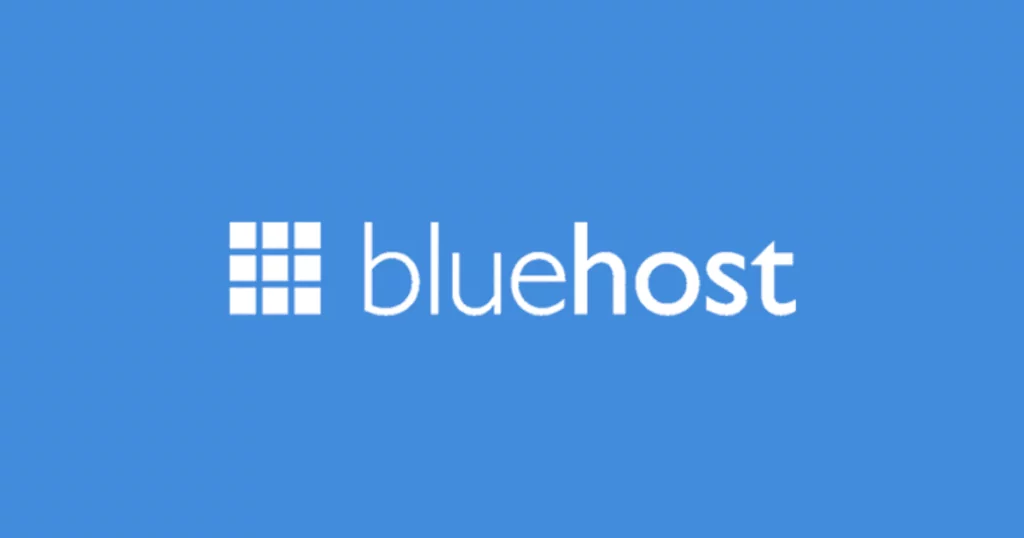
Bluehost is one of the largest hosting companies, with affordable shared hosting plans perfect for small businesses and bloggers. Their customer service is top-notch, with 24/7 support to help you anytime you have an issue. They make it easy to migrate your site and start building quickly. Overall, Bluehost is a solid, reputable choice if you want an alternative to HostGator.
DreamHost
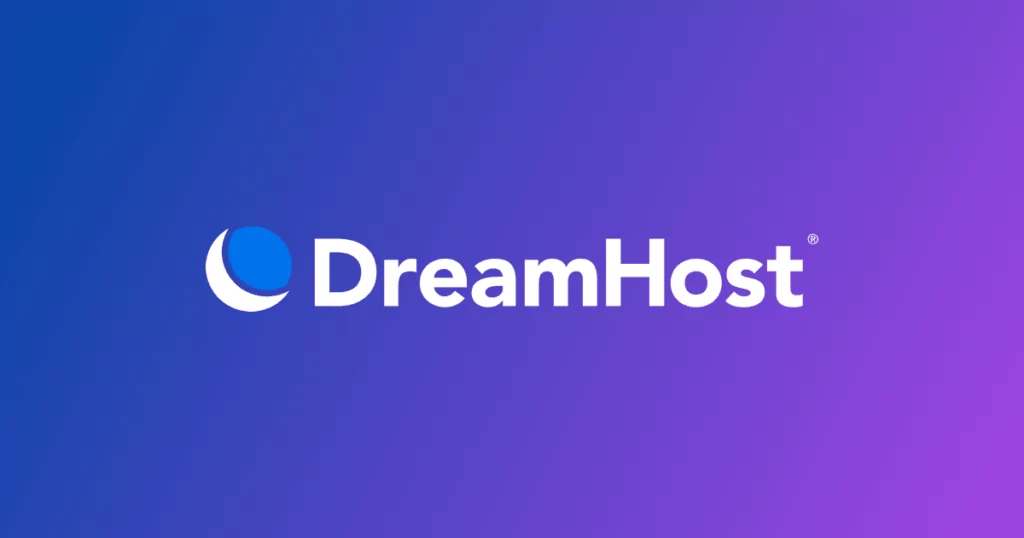
For environmentally-conscious site owners like myself, DreamHost is appealing since they offer carbon-neutral hosting. Beyond their eco-friendly policies, they have powerful shared hosting plans and WordPress offerings. I was impressed with their one-click installers and custom dashboard. The only downside is their customer service response times can be slow. But if sustainability is a priority, DreamHost is worth considering.
SiteGround
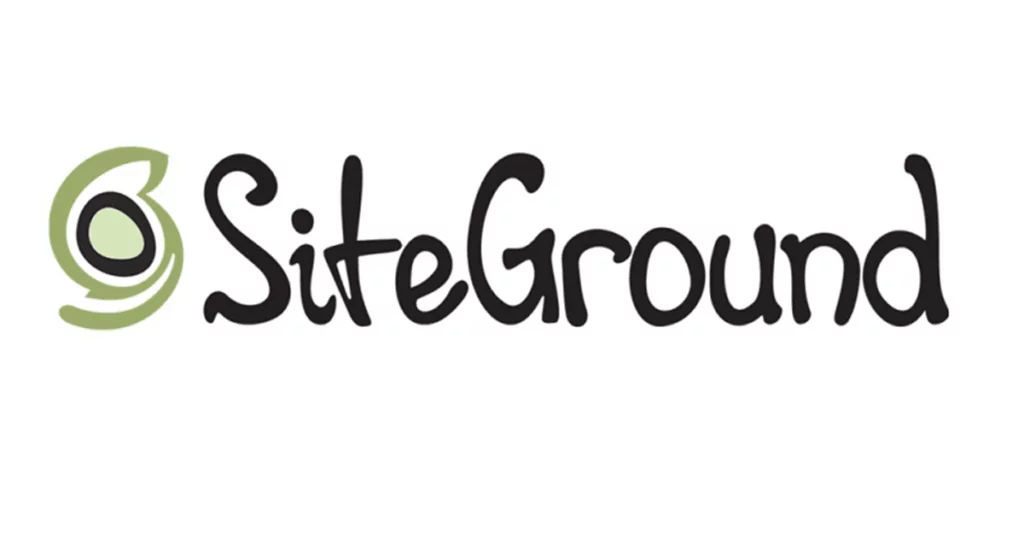
If speed and performance are most important for your site, SiteGround should be at the top of your list. They’re known for extremely fast page loading times thanks to their SSD storage, CDN, and other caching technologies.
They focus on WordPress hosting, with managed plans that handle updates and security for you. SiteGround does cost a bit more, but the improved speed and reliability are worth it for many site owners.
WP Engine
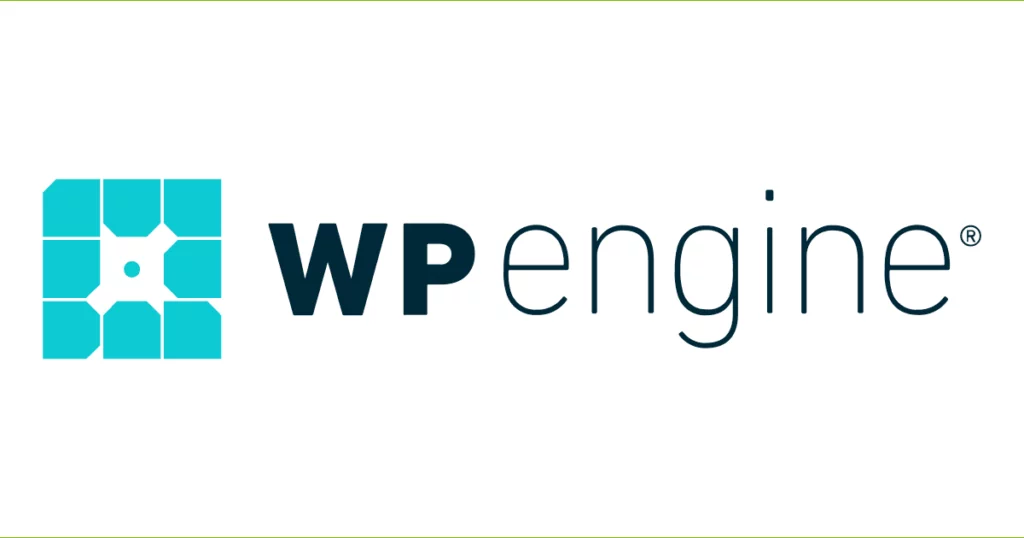
Speaking of WordPress, WP Engine specializes exclusively in managed WordPress hosting. They fine-tuned their platform to optimize WordPress, with pre-installed plugins, automatic updates, and tight security. Their knowledge base and support team are also WordPress pros. WP Engine guarantees 99.9% uptime and 24/7 support.
They’re a perfect solution if you want to take the hassle out of managing a WordPress site.
A2 Hosting
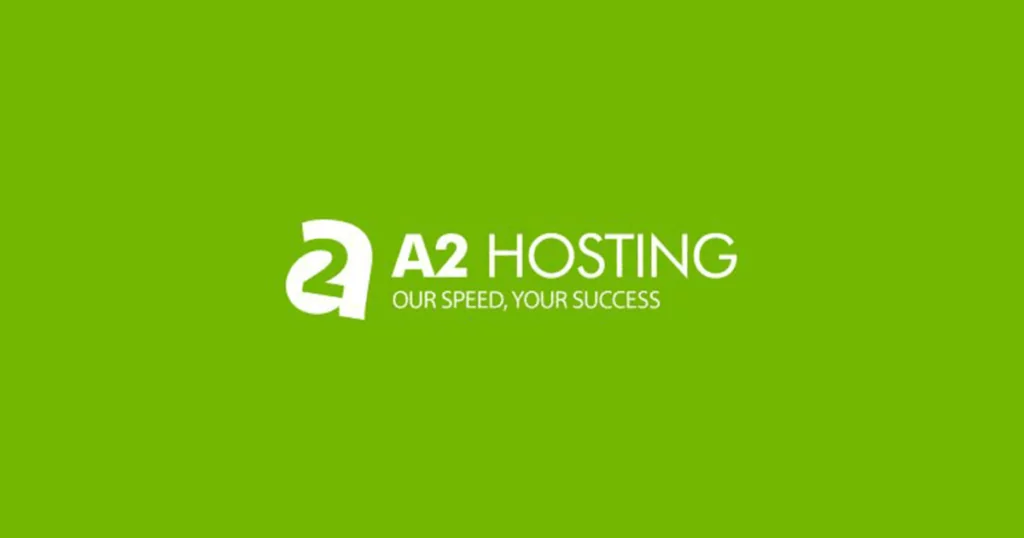
For the budget-conscious, A2 Hosting has some of the lowest prices for shared hosting. Don’t let the low cost fool you though—their service is still high quality. A2 uses SSD storage, free site migration, and Lets Encrypt SSLs. They have specialized WordPress plans with pre-installed caching plugins for better performance. Customer support is available 24/7 via live chat, phone, or ticket. Overall, A2 is an affordable, reputable HostGator alternative worth checking out.
FAQ – Answering Common Hosting Questions
So you want to start a website or host a WordPress blog, but don’t know where to begin or have questions about web hosting? No worries, I’ve got you covered! As an enthusiastic user of HostGator’s shared hosting plans for over five years, I’m happy to share some insights to help you on your journey.
What exactly is web hosting and do I really need it?
In short, web hosting is space on a server that allows your website to be accessible on the internet. Without hosting, your site would not be live and online. For most personal or small business websites, shared hosting is ideal. It’s affordable, easy to use, and provides everything you need to get started.
What’s the difference between HostGator and GoDaddy?
Both are popular hosting providers, but HostGator is superior for hosting WordPress sites or resource-intensive web applications. Their shared plans offer faster page load times, more server resources, and options for unlimited domains, storage, and bandwidth. HostGator’s support is also 100% in-house, so you’ll always reach a real person. GoDaddy is better for domain names and simple static sites.
How much does web hosting cost?
Hosting is actually quite affordable, often only a few dollars a month. HostGator’s Hatchling plan starts at just $2.75/month and can host one website with unlimited storage and bandwidth. For multiple sites, their Baby or Business plan is a great, inexpensive option. Most providers also offer discounts if you pay annually versus month-to-month.
Is it hard to set up a website or WordPress site?
Not at all! HostGator offers a user-friendly control panel and 1-click installs for WordPress, making setup simple even for beginners. Their support articles walk you through the entire process step-by-step. I was able to get my first WordPress site up and running in under an hour, no coding required.
In summary, don’t be daunted by the prospect of launching your website or WordPress blog. With an enthusiastic hosting provider like HostGator, you’ll have all the tools and support you need to get online in no time. Their affordable, feature-rich plans, 1-click installations, and exceptional 24/7 customer service make web hosting a breeze for first-timers and pros alike.
Conclusion
As an avid blogger, I have used multiple hosting services over the years with varying results. After putting HostGator and GoDaddy to the test for hosting my personal blog, the winner is clear. HostGator outshines GoDaddy in performance, features, and customer support. Their robust WordPress-optimized plans make it easy to get a stylish site up and running in no time. With powerful servers and tools tailored to my needs as a blogger, HostGator gives me everything I need to share my knowledge and passion with the world. I highly recommend HostGator for new bloggers and website owners looking for an enthusiastic hosting partner. My blog is in good hands, and so is yours. Time to sign up and start blogging!

Pingback: The Best Ecommerce Hosting for Your Online Store: Comparing Bluehost, HostGator and More -